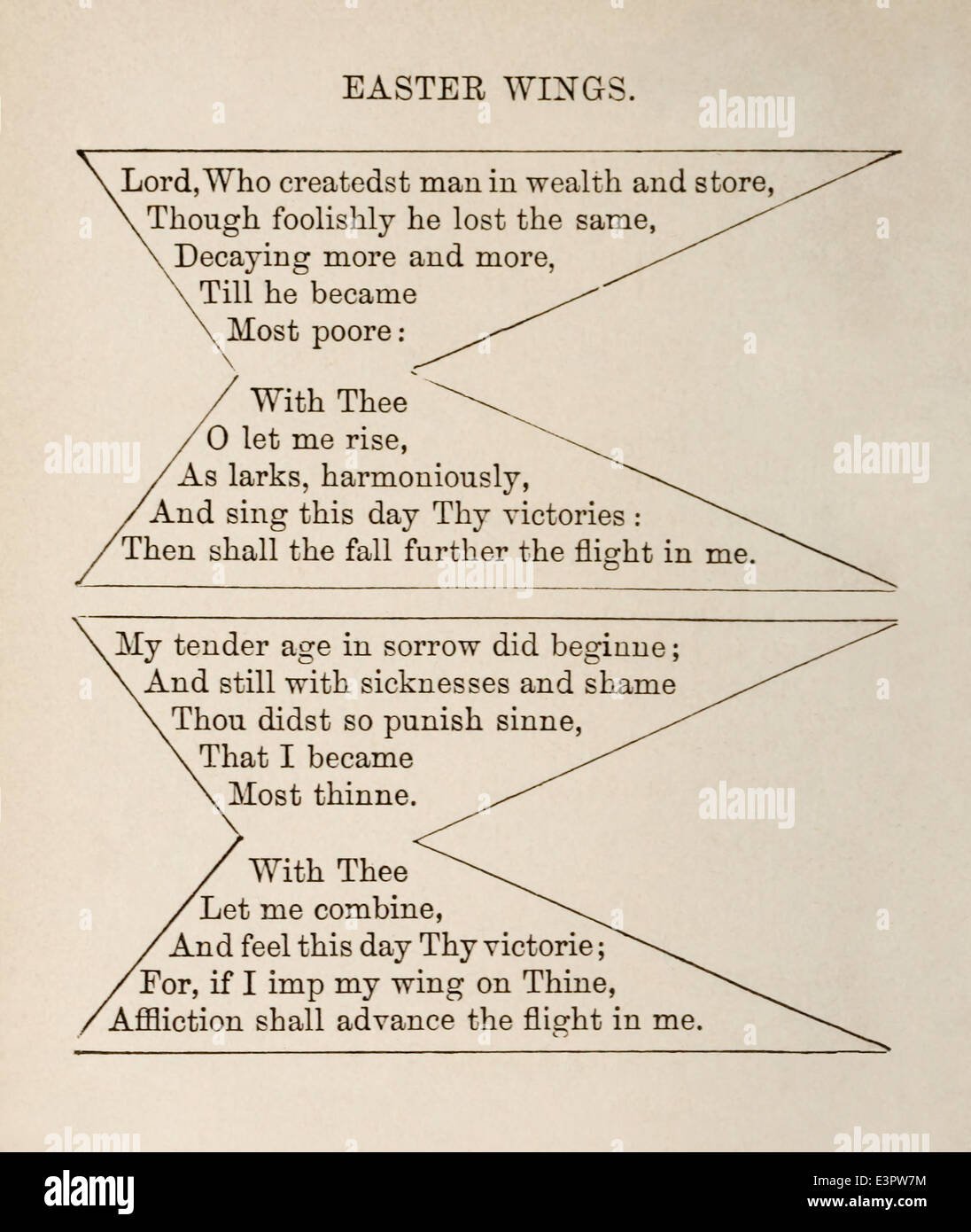
Worse still is it when the text is poorly explicated by a passionless minister without a drop of charisma. When I sit in the church pew to hear a truly awful sermon, I’m usually not very happy after all, I came here for the end of obtaining knowledge, receiving instruction, being stirred up in the faith, and so on, and to sit through the sermon in order for those things to happen is bad enough. Perhaps in things we must practice, we think means are valuable- in learning to drive a car, for example. And largely, we do not associate the means with value.

The sandwich making is merely a means to an end. I think people would begin to notice if I went around making sandwiches with great delight yet never eating them. The actual making of the sandwich holds no particular pleasures for me I do not think to myself, Boy, I really could go for making a sandwich right now. It may be necessary it may sometimes even be enjoyable but it is still secondary.įor example: When I am in my home and I want to eat a sandwich, I first must make a sandwich. The means- that which we do in order to get the result we want- is secondary. It seems that this is an example of the value of means- is that the right way to say it? Typically, we value ends results that which we set out to achieve when we set out to achieve something. I’m still having some difficulty articulating this, so bear with me. It was the last line or so that caught my eye: “The worst speak something good: if all want sense / God takes a text, and preacheth patience.” God takes a text, and preacheth patience. The worst speak something good: if all want sense To pick out treasures from an earthen pot.


If thou mislike him, thou conceiv’st him not. Judge not the preacher for he is thy Judge:

This is stanza 72 in his poem “Perirrhanterium:” I’ve had some half-formed ideas running though my head for a while, and a stanza from a George Herbert poem helped to cement one a little bit.


 0 kommentar(er)
0 kommentar(er)
